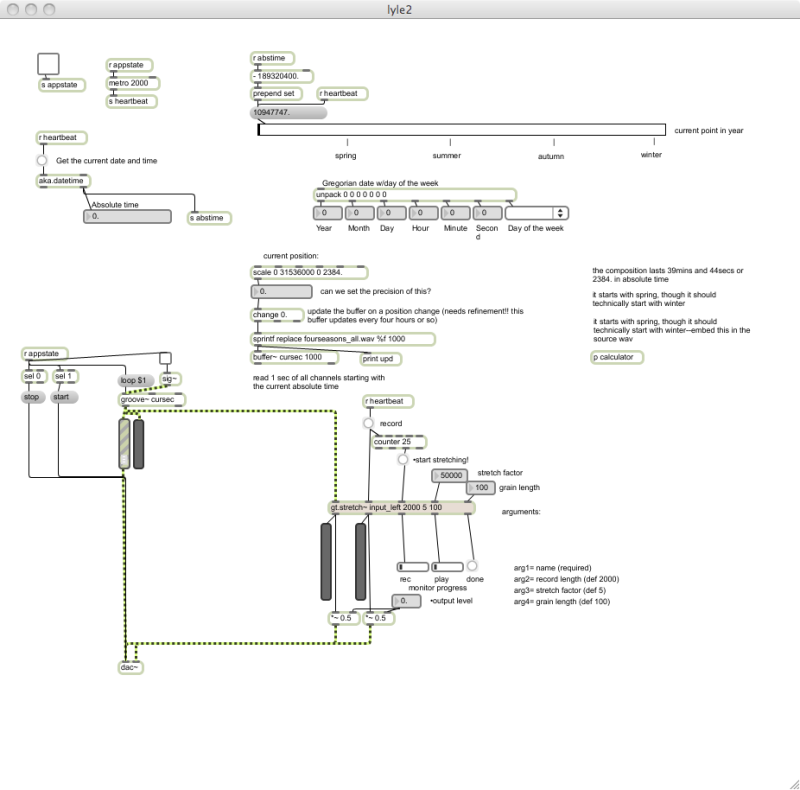FUZZBOX PHYSICS AND POPULAR DISTORTION

COURSE OVERVIEW
Fuzzbox Physics offers a hands-on exploration of sound amplification and distortion. Students will learn the relationship between human perception and acoustic media, examining how acoustic instruments and the human voice are amplified. The course delves into the history of stereo systems and their impact on music, leading to distortion as an aesthetic. Students will experiment with both physical and electronic amplification methods, as well as the types of distortions produced by vacuum tubes, solid-state electronics, and digital effects.
The course explores various sound-capturing technologies including vinyl records, microphones, and guitar pickups. An investigation into mechanical, magnetic, and piezo-electric devices will reveal their unique sound signatures, concluding with digital sound synthesis.
